-
Loading search results...
-
You Have 0 Favorites
to access your saved favorites.
-
Sign In to Your Account
Sign in to your account:
Email
We found your account! Request a one-time code below to sign in.We'll send you a one-time code to securely sign in, or you can enter your password.
You won’t be able to access your store information like saved prescriptions or order history. Select a sign-in option above to keep access to store information.Sign in Success
Update your password?(optional)
8 character min. Learn about secure passwords.Account passwords must be at least 8 characters and are case sensitive.To create a secure password, follow the guidelines:- Use a combination of upper case and lower case letters, numbers and special characters (?_!@#).
- The longer the password, the more secure it is! But make sure it's easy to remember.
- This password should be different than any of your other online accounts (bank, social, media, email).
- Don't use personal information (name, phone, numbers, DOB) or common passwords (password, qwerty, sarah1231).
Note: We will never ask you to provide your password by e-mail or phone.">
Forgot password?
Use a one-time code to sign in and update your password. Where would you like to receive it?
Sign in to your account:
A code was sent to: (•••) •••-••
A code was sent to your email address.
Enter the 6-digit code:
Please enter a valid codeInvalid code. Check code and try againCode sent! Try again in 30 seconds.Didn’t get a code? Send another one-time code.
Maximum attempts reached
Your account will be locked for 24 hours. Please contact Customer Service for help with placing your order.
Code sent! Maximum code requests reached.
If you still haven't received a code, please contact Customer Service for assistance.
Maximum code requests reached.
If you still haven't received a code, please contact Customer Service for assistance.
Do not check this option if using a shared computer. Stay signed in for a maximum of 30 days; signing out from My Account will cancel this setting.Secure Passwords
Account passwords must be at least 8 characters and are case sensitive.To create a secure password, follow the guidelines:- Use a combination of upper case and lower case letters, numbers and special characters (?_!@#).
- The longer the password, the more secure it is! But make sure it's easy to remember.
- This password should be different than any of your other online accounts (bank, social, media, email).
- Don't use personal information (name, phone, numbers, DOB) or common passwords (password, qwerty, sarah1231).
Note: We will never ask you to provide your password by e-mail or phone.Secure Passwords
Account passwords must be at least 8 characters and are case sensitive.To create a secure password, follow the guidelines:- Use a combination of upper case and lower case letters, numbers and special characters (?_!@#).
- The longer the password, the more secure it is! But make sure it's easy to remember.
- This password should be different than any of your other online accounts (bank, social, media, email).
- Don't use personal information (name, phone, numbers, DOB) or common passwords (password, qwerty, sarah1231).
Note: We will never ask you to provide your password by e-mail or phone.Sign in to your account:
We couldn't find an online account associated with that email address.
Please try a different email or sign up for an online account.
Don't have an online account? Sign Up Now
-

Sign in to your account:
A code was sent to: (•••) •••-••
A code was sent to your email address.
Enter the 6-digit code:
Didn’t get a code? Send another one-time code.
Maximum attempts reached
Your account will be locked for 24 hours. Please contact Customer Service for help with placing your order.
Code sent! Maximum code requests reached.
If you still haven't received a code, please contact Customer Service for assistance.
Maximum code requests reached.
If you still haven't received a code, please contact Customer Service for assistance.
Secure Passwords
- Use a combination of upper case and lower case letters, numbers and special characters (?_!@#).
- The longer the password, the more secure it is! But make sure it's easy to remember.
- This password should be different than any of your other online accounts (bank, social, media, email).
- Don't use personal information (name, phone, numbers, DOB) or common passwords (password, qwerty, sarah1231).
America's Best Blog
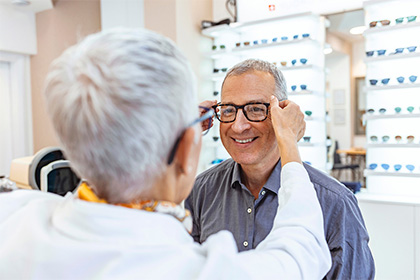 How to Use Vision Insurance Benefits at America’s Best
How to Use Vision Insurance Benefits at America’s Best  When Will My New Glasses Arrive at America’s Best?
When Will My New Glasses Arrive at America’s Best? 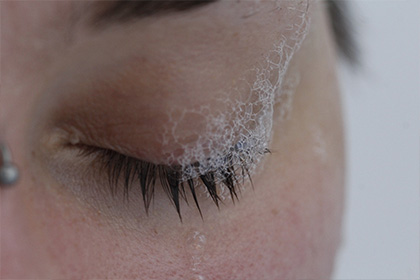 What to Do if You Have Soap or Shampoo in Your Eyes
What to Do if You Have Soap or Shampoo in Your Eyes  I Accidentally Slept With My Contacts In. Now What?
I Accidentally Slept With My Contacts In. Now What?  Warm vs. Cold Eye Compresses: When Should You Use Them?
Warm vs. Cold Eye Compresses: When Should You Use Them?  How Should Your Glasses Fit?
How Should Your Glasses Fit?  3 Genius Ways to Give New Life to Old Glasses
3 Genius Ways to Give New Life to Old Glasses  6 Signs Your Headaches Mean You Need New Glasses
6 Signs Your Headaches Mean You Need New Glasses 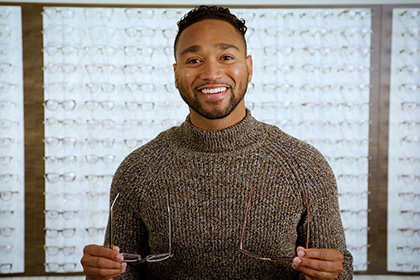 Prescription Reading Glasses vs. OTC Reading Glasses
Prescription Reading Glasses vs. OTC Reading Glasses 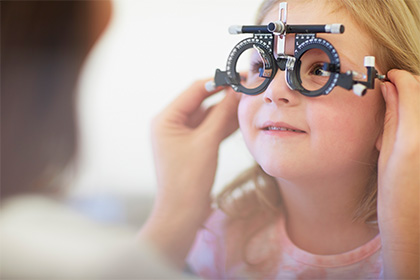 8 Signs Your Child Needs an Eye Exam
8 Signs Your Child Needs an Eye Exam  Repaired vs. Buying New Glasses: What’s the Right Choice?
Repaired vs. Buying New Glasses: What’s the Right Choice? 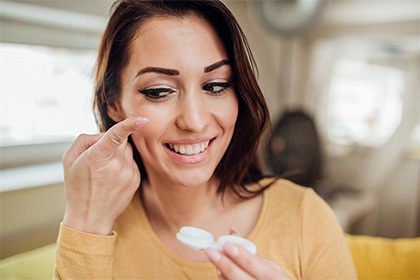 America’s Best Guide to Contact Lenses
America’s Best Guide to Contact Lenses 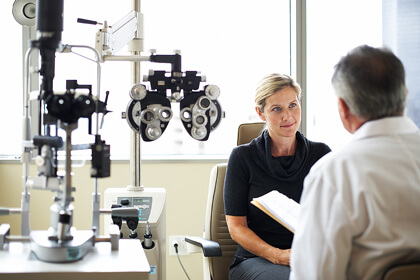 Ask an Optometrist: What’s New in Eye Exams?
Ask an Optometrist: What’s New in Eye Exams? Select Options
Stay signed in
Stay signed in for a maximum of 30 days. Do not check this option if using a shared computer. You can cancel the continuously signed in setting by Signing Out from My Account.
